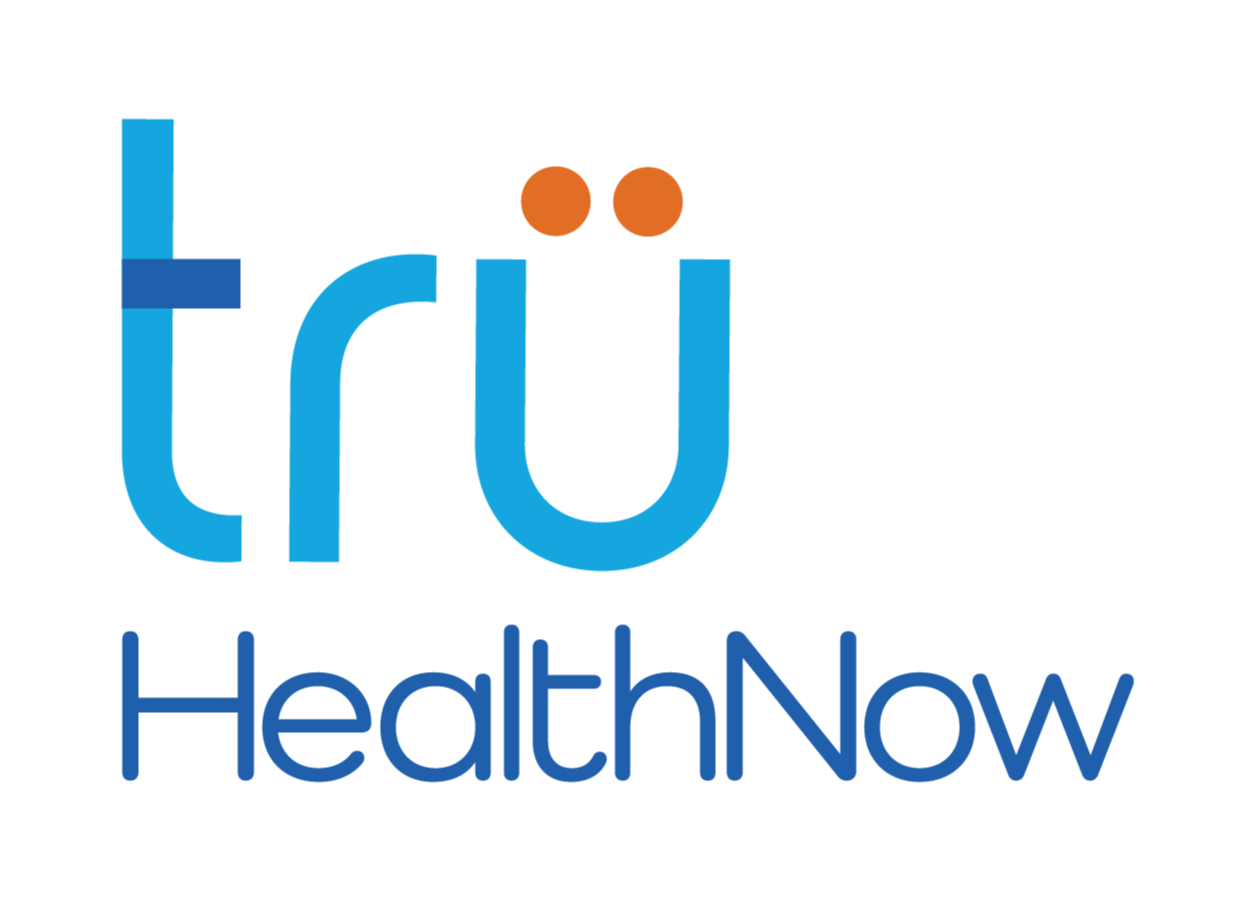
Migraines And Headaches
We often feel severe pain in our heads due to stress, lack of sleep, tension, and overworking. This kind of pain is referred to as a headache. But these pains are severe in some people, called migraines. Migraines and Headaches are two different things. Often people get confused and think of them as one. The symptoms differ for both. Migraine is sometimes too severe, but headaches are for a short period.
Migraines and Headaches are curable. You can also prevent Migraines and Headaches by keeping track of them. You can also prevent them by taking proper medications and maintaining appropriate diets. Home remedies can also help you get relief from these pains. It is easy to get treatment if you can diagnose what type of pain you are feeling.
What are Migraines and Headaches:
In easy terms, both migraine and headaches are considered headache disorders. A headache disorder is caused when a nervous system causes painful symptoms inside the head. However, headaches and migraines are two different types of pain.
Headaches cause pain in the head, face, and upper neck. The intensity of the pain keeps varying. At the same time, Migraines cause excessive intense pain in the head. Doctors often call migraines episodes or attacks. A migraine affects only one side when the headache hurts in various places.
There are fourteen types of common headaches:
- Tension headache
- Cluster headache
- Migraine headache
- Hemicrania contínua
- Ice pick headache
- A thunderclap headache
- Allergy or sinus headache
- Hormone headache
- Caffeine headache
- Exertion headache
- Hypertension headache
- Rebound headache
- Post-traumatic headache
- Spinal headache
There are eight types of migraines and headaches:
- Chronic migraine
- Acute migraine
- Vestibular migraine
- Optical migraine
- Complex Migraine
- Menstrual Migraine
- Acephalgic migraine
- Hormonal migraine
Causes of Migraines and Headaches:
The exact cause of migraines is not yet known. Many factors are considered to trigger migraine. These factors include consuming alcohol, and caffeine, Hormonal changes, light brightness, specific odors, weather changes, and not drinking enough water. Everyone has different migraine triggers.
On the other side, headaches are caused by changes in blood vessels, nerves, and chemicals in the brain. Infections and injuries can also cause headaches.
Symptoms of Migraines and Headaches
Pre-Migraine Symptoms:
These are some signs you get before getting a migraine attack.
- Mood Changes
- Muscle pain
- Constant yawning
- Food Cravings
- Losing focus
- Digestion trouble
- Sensitivity to light and sound
Symptoms of migraines:
Following are some common symptoms of migraines:
- Neck pains
- Body chills
- Brain fog
- A stuffy or runny nose
- Dizziness
- Mood change
- Light and smell sensitivity
Post Migraine Symptoms:
These are some symptoms that continue after the migraine attack.
- Low appetite
- Fatigue
- Losing energy
- Mild headache
- Feeling Dizzy
- Body aches
- Dull mood
- Muscle weakness
Symptoms of headaches:
- A few general symptoms of headaches are:
- Nausea
- Vomiting
- Dizziness
- Eye pain while looking at the lights
- Severe pain in the head
How to Diagnose Migraine:
You might have migraines if you suffer from severe headaches for a few days. The primary symptoms are constant mood changes, neck pains, body chills, and dizziness. If you are facing these things, you should visit a doctor who might ask a few questions about your symptoms.
Treatment for Migraine and Headaches:
To prevent yourself from getting severe headaches and continuous migraines, you must visit a doctor and take proper medications to prevent frequent headaches. Along with this, you can also follow these remedies that can help you get relief from the pain of headaches and migraines.
Try taking the medications as soon as the symptoms begin.
- Rest in a quiet and dark room.
- Use hot or cold compresses.
- Massaging your head can also give you relief.
- Taking prescribed medicines
- Avoid headache-causing triggers.
- Try using ice packs on the head.
- Drink water
- Avoid alcohol
- Get the proper amount of sleep
- Try using B-complex medicines
- Drink tea or coffee
- Acupuncture is a good way of reducing pain.
Prevention from Migraines and Headaches:
- Try reducing stress, as most types of headaches are caused by stress. Relaxing and exercising can help you reduce stress.
- Some foods like caffeine, alcohol, pickles, nuts, and alcohol trigger headaches and migraines, so you should avoid eating these foods if you suffer from headaches regularly.
- Most headaches in women are triggered because of estrogen. Rest as much as possible and prefer staying in a dark room if you are light-sensitive. That helps you to relax.
- Smoking cigarettes can also trigger headaches as it contains nicotine, so avoid smoking.
- If you suffer from severe headaches daily, you should take your medications on time and regularly.
Conclusion:
You should consult a doctor and take prescribed medications if you suffer migraines. Try drinking an adequate amount of water because dehydration can also cause headaches. Maintain a proper diet and strictly avoid alcohol and smoking. Try to get good sleep and avoid stress. Getting sound sleep can reduce the chances of getting frequent headaches.
Sign up for our newsletter






%201.png)
